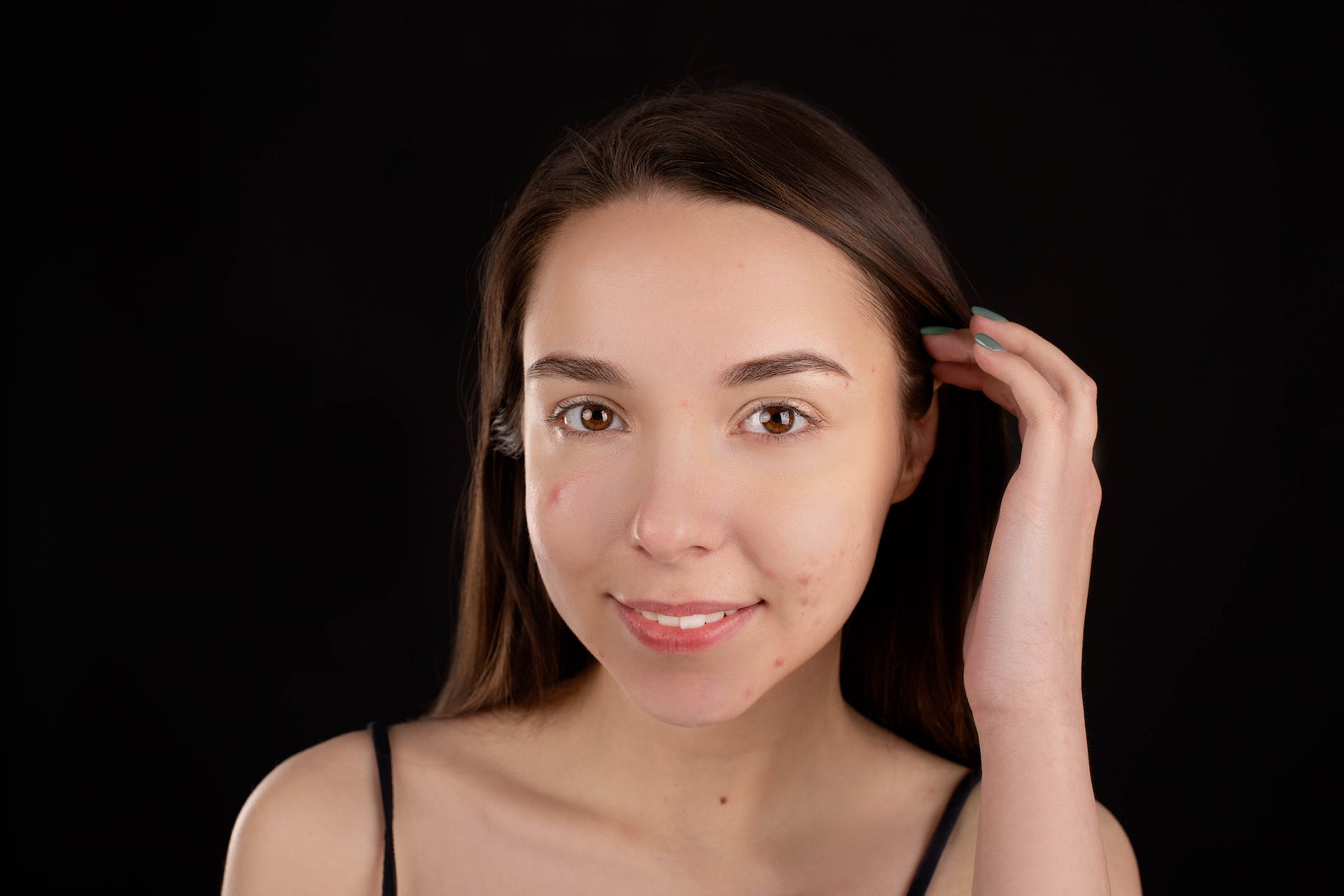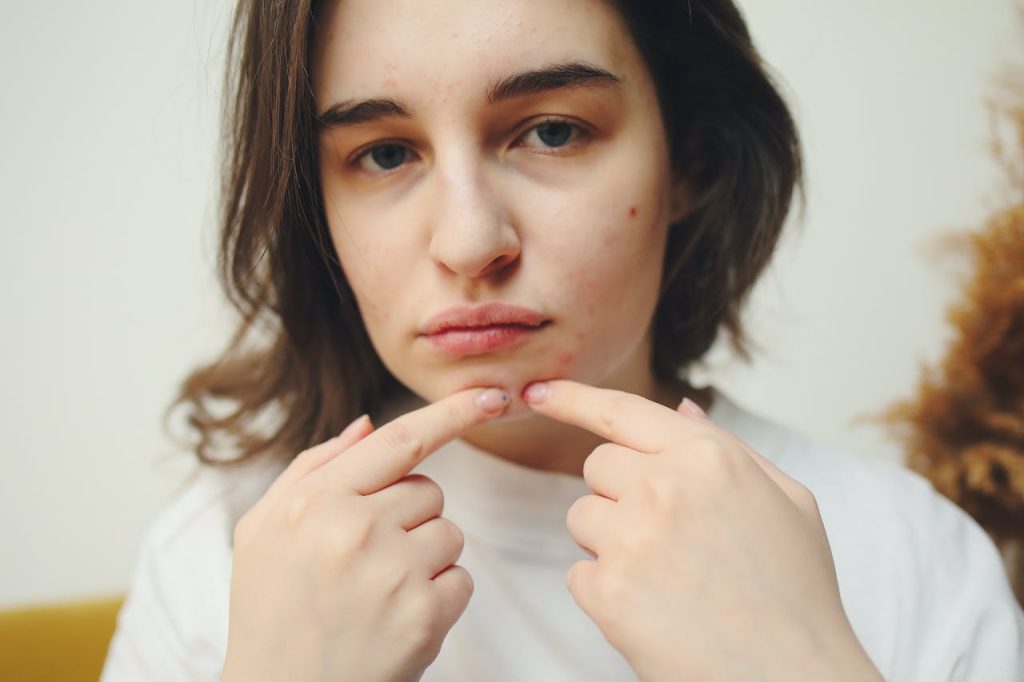
Medically Reviewed by Dr. Lee Hwee Chyen
MBBS MRCP (UK) FAMS (Dermatology)

Acne is a common skin condition that affects individuals across various age groups. Acne occurs when hair follicles become clogged with oil and dead skin cells, which can lead to inflammation and present as blackheads, pimples, nodules and cysts.
Addressing common misconceptions about acne can help you adopt the best practices for an acne-free and healthy skin environment. Consult a dermatologist if you have any concerns about your skin condition and for medication to treat severe acne.
One common myth is that acne develops because of poor hygiene. While regular skin cleansing is important for overall skin health, there are other more significant factors that result in acne. Hormonal changes, genetics, certain medications, and stress play a more significant role in the development of acne. Overwashing or using harsh cleansers can aggravate acne by irritating the skin.

Another common misconception is that acne only affects teenagers. Although acne is indeed more common during puberty due to hormonal changes, it can occur at any age.
Adult-onset acne is a real and common condition, influenced by factors like hormonal fluctuations, lifestyle, and stress. Adult acne may be especially prevalent in women undergoing hormonal changes due to pregnancy, menstruation, menopause, or certain health conditions such as Polycystic Ovary Syndrome (PCOS).
Adult acne often requires a different approach to treatment compared to teenage acne, considering the differences in skin types and underlying causes. Individuals experiencing adult acne are advised to consult a dermatologist for appropriate diagnosis and treatment.

Many believe that popping pimples is a quick solution to acne. However, squeezing a pimple can push bacteria and pus deeper into the skin, causing more inflammation and possibly leading to an infection.
The act of popping can damage the skin tissue, leading to scars that can be permanent, and slow down the natural healing process of the skin, leading to prolonged redness and swelling.
Additionally, squeezing a pimple can cause the bacteria inside to spread to surrounding pores, potentially leading to more breakouts.
The safest way to deal with acne is to use appropriate skincare products and, if necessary, seek treatment from a dermatologist who can provide suitable topical and/or oral medications to combat your acne.
The myth that greasy food causes acne is widespread but unsupported by scientific evidence. Other factors such as genetics and hormones contribute most to acne development.
While eating greasy food doesn’t directly cause acne, a diet high in processed and high-glycemic foods may contribute to an environment that exacerbates acne. These foods can spike blood sugar levels, potentially leading to increased sebum production and worsening acne symptoms.
External contact with greasy substances, such as working in a kitchen with fry vats, can also worsen acne by clogging and irritating the pores.
Acne can range from mild (few occasional pimples) to severe (widespread and inflamed lesions). Severe forms, such as cystic acne, or persistent acne, can lead to permanent scarring of the skin, as well as dark spots after lesions heal due to hyperpigmentation.
Acne can have significant psychological effects, including low self-esteem and depression. For some, acne can be severe and painful, severely affecting their day-to-day life and requiring medical treatment.
Consult a dermatologist today to learn more about acne, how to manage it, and appropriate skin care treatments or products that help deal with acne effectively.
Acne is a skin condition that can be exacerbated by certain cosmetic ingredients. Understanding these ingredients can help prevent acne flare-ups and maintaining healthy skin. Read on to learn more.
Unwanted hair growth is a common problem affecting both men and women and can manifest as dark, coarse hair on the face, chest, or back. Learn more about this condition here.
Eczema affects individuals worldwide and can significantly impact daily life. Read on to learn more about common triggers for eczema flare-ups, and strategies and treatments that may help manage these flare-ups.